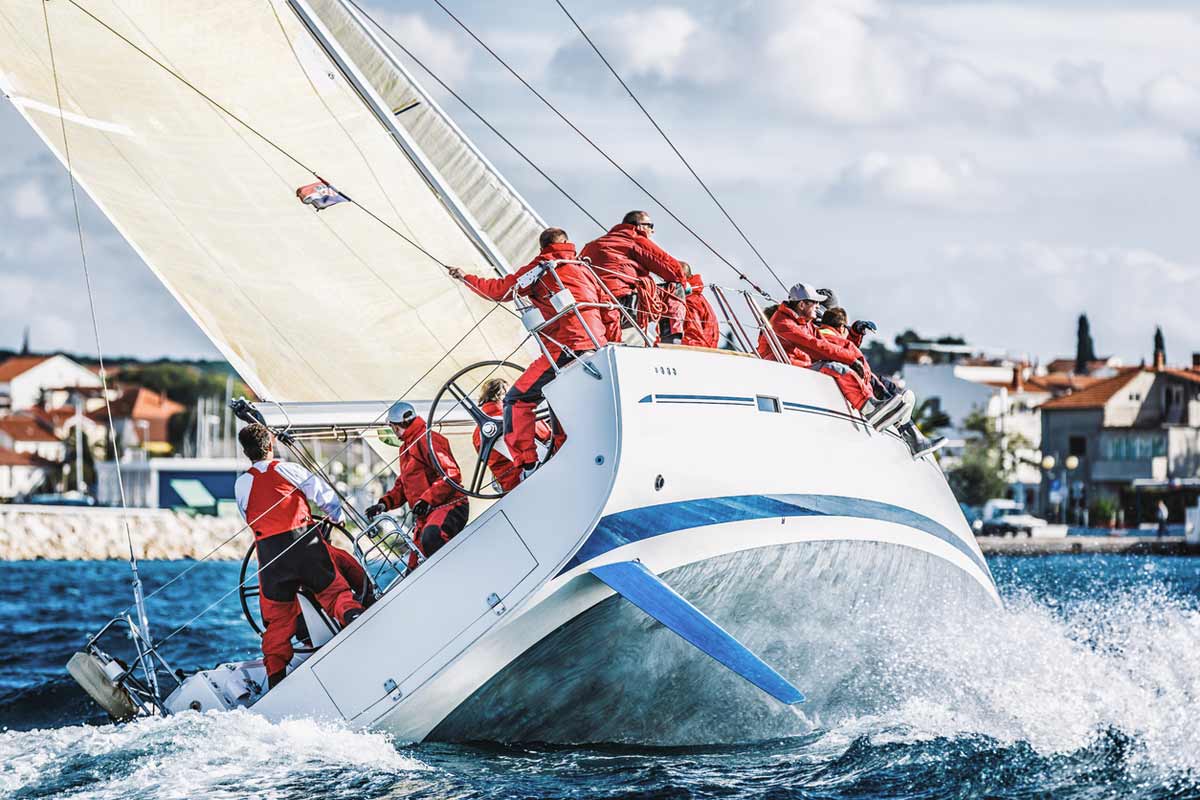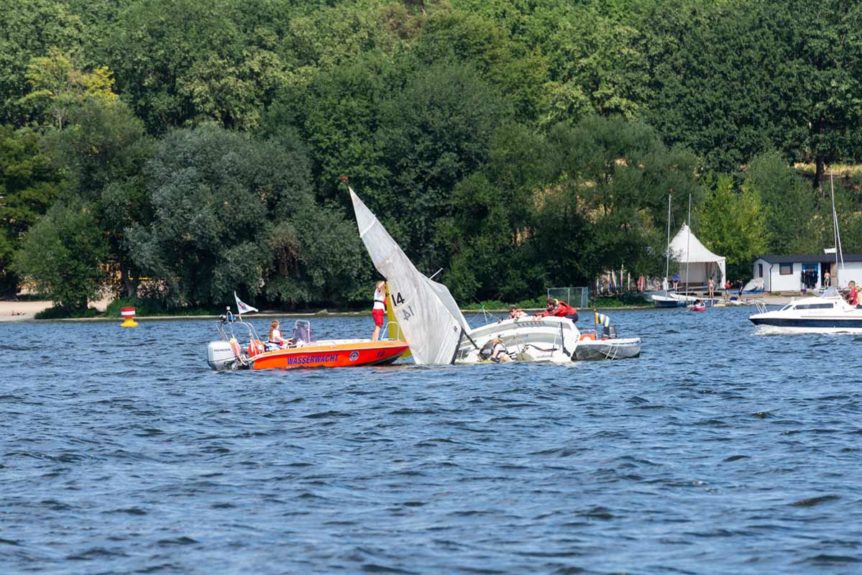The various repercussions and hardships that come with being in a serious accident is certainly not the most enjoyable topic to discuss. Yet shying away from this kind of subject won’t help you get a better understanding of what to do when faced with the harsh realities these types of situations present. Of course, most of us are well aware of how more common types of accidents typically tend to play out, so delving into the various legalities surrounding them isn’t something we tend to spend our free time doing. Many people have this attitude, whether it’s by choice or simply the result of never having had to deal with the chaos and confusion that follows an accident where someone is hurt or killed.
Though the suddenness of pain and confusion you feel while in the midst of an accident is to be expected, when these instances occur in water, the situation becomes drastically more serious. When boats and alcohol are also involved, in particular, things tend to go downhill rather quickly. And, although these situations are somewhat uncommon, the legal ramifications are still very serious.
Messing about on the Water
If you are a boating enthusiast who likes to get out to sea with your family, with a few boat owners who are friends, or just like going out on the water and having a good time, it’s in your best interest to know a little bit about how boating accidents—and even boating fatalities—are usually caused and the main legal stipulations are regarding the various types of accidents incurred while boating. This could include anything that uses the waterways from a yacht to a jet ski and every vessel in between. Having this knowledge will help you navigate the rather muddy legal waters you’ll have to make your way through if you happen to ever be involved in a serious boating accident. This article will provide you with this information in the hope that it may help you prepare for the unexpected.
Whenever you find boating hobbyists out on the water, you’re likely to find them enjoying an alcoholic beverage too. This is certainly Ok when done in moderation, but once inhibitions have eased, overindulgence is sometimes the result. When this is the case, the likelihood of being in an accident increases significantly. In fact, about one-third of all boating accidents can be attributed to the driver of the boat is under the influence of alcohol. While many people think that laws involving alcohol and operating boats are not taken very seriously, they are very wrong. In fact, the criminal repercussions of being an intoxicated driver involved in a boating accident are very serious and often lead to the responsible party serving jail time as with almost any kind of vehicle. You can obviously avoid being involved in an alcohol-related boating accident by knowing your own limits with alcohol and by avoiding getting on a boat when you think the driver may be intoxicated.
Stay Sober Rather Than Going Overboard

Avoiding drunken boat captains is certainly a rather avoidable situation, but there are times while boating that unforeseen circumstances present themselves, which can sometimes result in a serious accident. The most common of these are weather related, with strong winds and heavy rain being the culprit behind numerous boating accidents. Also, sun-related issues can become legal responsibilities when heat stroke, sunburn, and dehydration cause serious injury or death. Obviously, in order to avoid these circumstances, it’s in your best interest to check the weather prior to heading out on the water.
The tricky part about both alcohol and weather-related boating accidents is that when these issues go to court, who is going to be viewed as legally responsible for whatever damages were inflicted by these events? Though different locations have different rules surrounding the various boating laws enforced, there are some commonalities you can expect—no matter where you are. The issue of negligence is one such common element you’ll want to be aware of because this is usually how the courts will place the blame. Most courts define an act of negligence as whenever someone fails to conduct themselves as any other reasonable person would under similar circumstances. Basically, anytime there is a boating accident and the court deems that someone was negligent, then they are usually who will suffer the penalties—and often rightly so. Therefore, anyone who is intoxicated, ignores traffic rules and safety regulations, doesn’t properly maintain their boat, or fails to pay attention to potentially extreme weather conditions, can be seen by the courts as acting negligently and, therefore, deemed responsible for any damages incurred, even if they were not the one who caused the accident. Not only will they face rather harsh civil court penalties, but they may also face criminal charges as well.
As you can probably tell, it can often be a rather complicated matter when boating accident cases are argued in a court of law because the person (or persons) who acted negligently is not always clear. Situations where both parties involved in the accident were negligent in some fashion or perhaps an inebriated person bumped into whoever was driving which that caused the accident are just a couple of the myriad variations these cases can have. Therefore, you may need the services of an injury attorney or one of the many experienced boat accident lawyers in your area where you can file your boating accident report.
For these reasons and many others, it’s not only important to have a clear understanding of your location’s boating rules and regulations in case you find yourself in a boat accident, but also to hire an attorney who has an expertise in boating laws. I say this because there is simply way too much legal jargon and information to digest in order to successfully defend yourself competently in a boating accident case. These situations are, indeed, very serious and you don’t want to go into a courtroom where your life and bank account are going to on the line without proper planning and help from a lawyer.
Wrap Up
In closing, this article has only scratched the surface of what boating enthusiasts should be aware of from a legal perspective. Issues such as insurance responsibilities, injury compensation, and your own personal rights as a boater need to be understood in order to protect yourself while out on the water. What you’ve gathered after reading this article should get you started, but it’s up to you to do your own research in order to safely enjoy your hobby.
If you’ve been in a boating accident, you can get additional, specific legal guidance on your situation by filling out the boating / maritime accident questionnaire below, or chat online with a Laws 101 maritime law expert.
